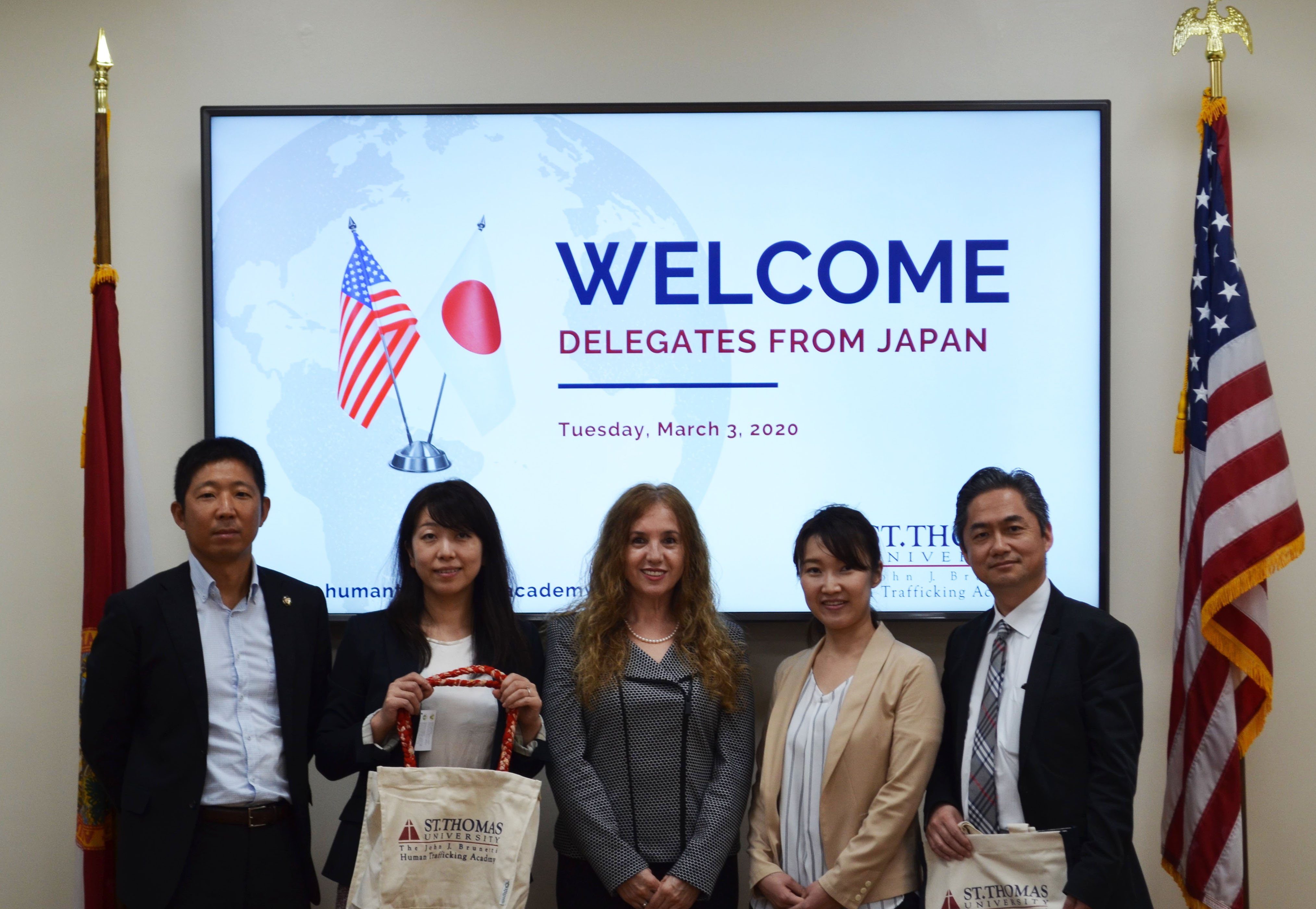
At the request of the Ministry of Affairs of Japan, on March 3, The John J. Brunetti Human Trafficking Academy hosted a distinguished delegation of government officials from Japan to discuss anti-human trafficking measures in a roundtable titled The Challenges of Combatting Human Trafficking in Japan and in the U.S.: An Exchange of Expertise.
The Academy’s Founder and Director, Dr. Roza Pati, welcomed the delegation and discussed the Academy’s historical contributions to human trafficking law and policy, including the Miami Declaration of Principles on Human Trafficking that has guided law and policy both domestically and internationally. She also noted the upcoming 2020 Olympics in Tokyo, and how major events exacerbate both labor and sex trafficking due to the increased demand. Dr. Pati discussed the different layers of anti-trafficking work in the United States at the federal and state level as well as the challenges of implementing the various laws.
The Japanese delegation consisted of: Ms. Takako Sato, Assistant Director, International Safety and Security Cooperation Division, Foreign Policy Bureau, Ministry of Foreign Affairs, Japan; Ms. Ayaka Iwasaki, Chief Inspector of Anti-Trafficking in Persons, Safety Division, Community Safety Bureau, National Police Agency, Japan; Mr. Tomoya Kawamoto, Consul, Security Attaché, Consulate General of Japan in Miami; and Mr. Tadashi Kusatake, Senior Assistant to Security Consul, Consulate General of Japan in Miami. The delegates shared regarding particular challenges to combatting human trafficking faced in Japan. Mr. Tomoya Kawamoto noted the increase in demand for laborers from other parts of Asia due to the declining age of Japan’s population, and how this trend has affected labor trafficking within the country. Ms. Takako Sato spoke of Japan’s partnerships with the United Nations Office of Drugs and Crime, and highlighted the upcoming 14th United Nations Congress on Crime Prevention and Criminal Justice in Kyoto, Japan (2020 Kyoto Congress). Ms. Ayaka Iwasaki shared human trafficking education and prevention materials developed by the Japanese government with the Academy.
Liza Smoker, Managing Director of the Academy, discussed the Academy’s partnerships with various other organizations throughout Florida to address the harmful effects of pornography and its links to sex trafficking, including its support of House Resolution 157 that declared pornography a public health risk.
The roundtable included discussions from Dr. Siegfried Wiessner, Director of the Graduate Program in Intercultural Human Rights, as well as LL.M. and J.S.D. candidates of the Graduate Program of Intercultural Human Rights at St. Thomas University School of Law. “Human trafficking as a global phenomenon can be adequately addressed only through concerted efforts worldwide. Hence, our Human Trafficking Academy has a strong focus on international cooperation on academic and governmental levels. To that goal, this is a very fruitful meeting and we look forward to continued exchanges of expertise with Japanese teams.” stated Dr. Roza Pati.
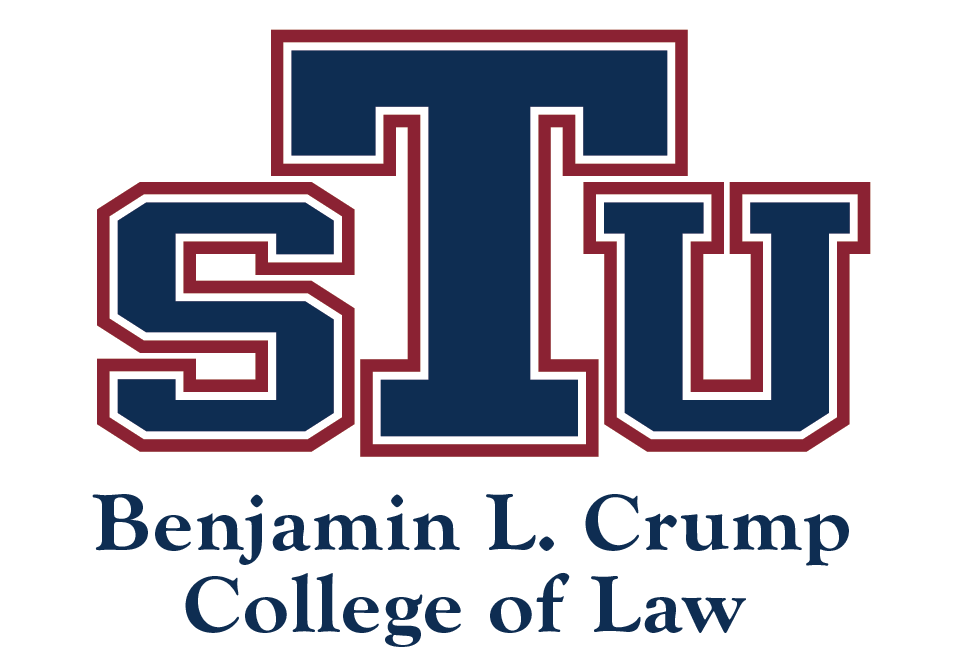

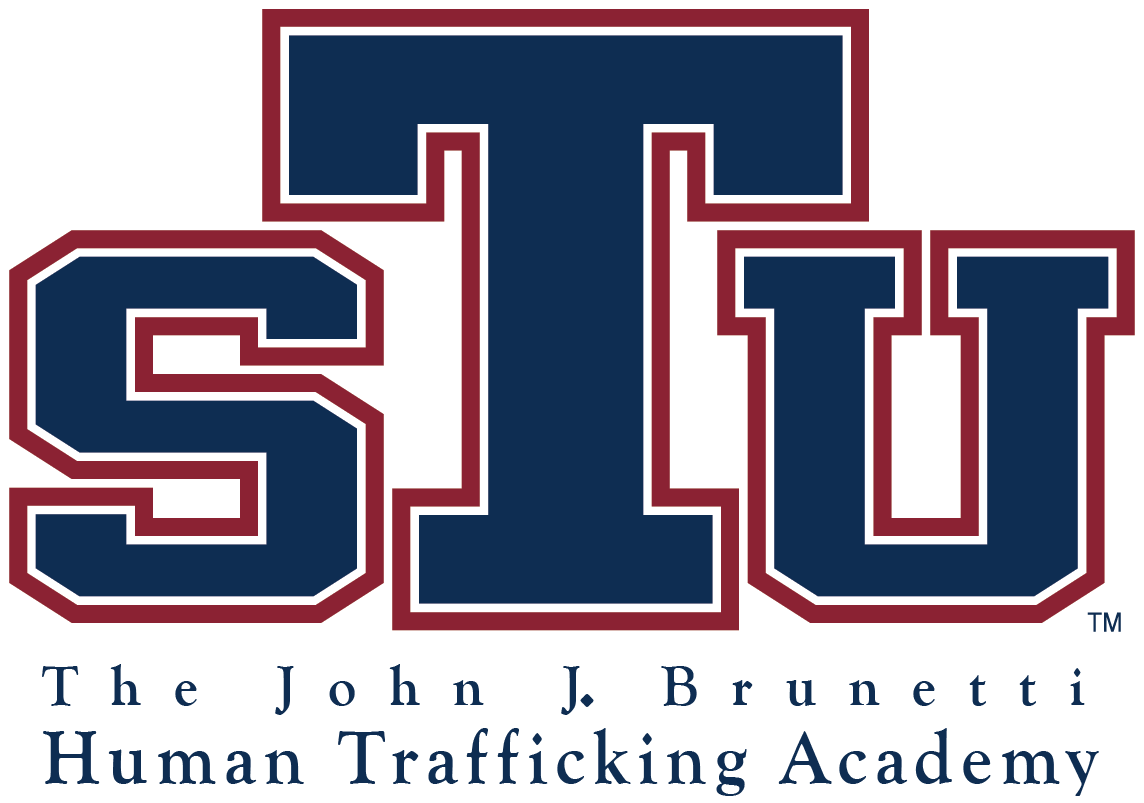
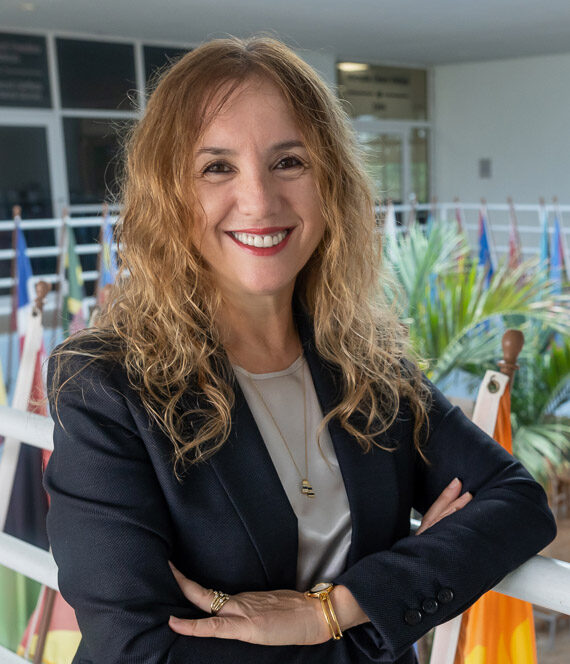 Prof. Dr. Roza Pati
Prof. Dr. Roza Pati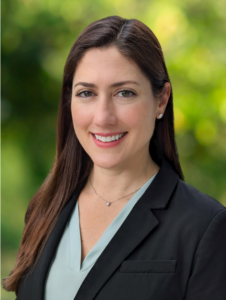

 The Honorable Kwami Adoboe-Herrera
The Honorable Kwami Adoboe-Herrera
 Professor Brendan M. Conner
Professor Brendan M. Conner  Professor Linh K. Dai
Professor Linh K. Dai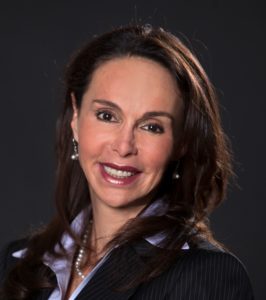
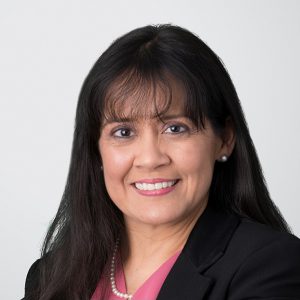

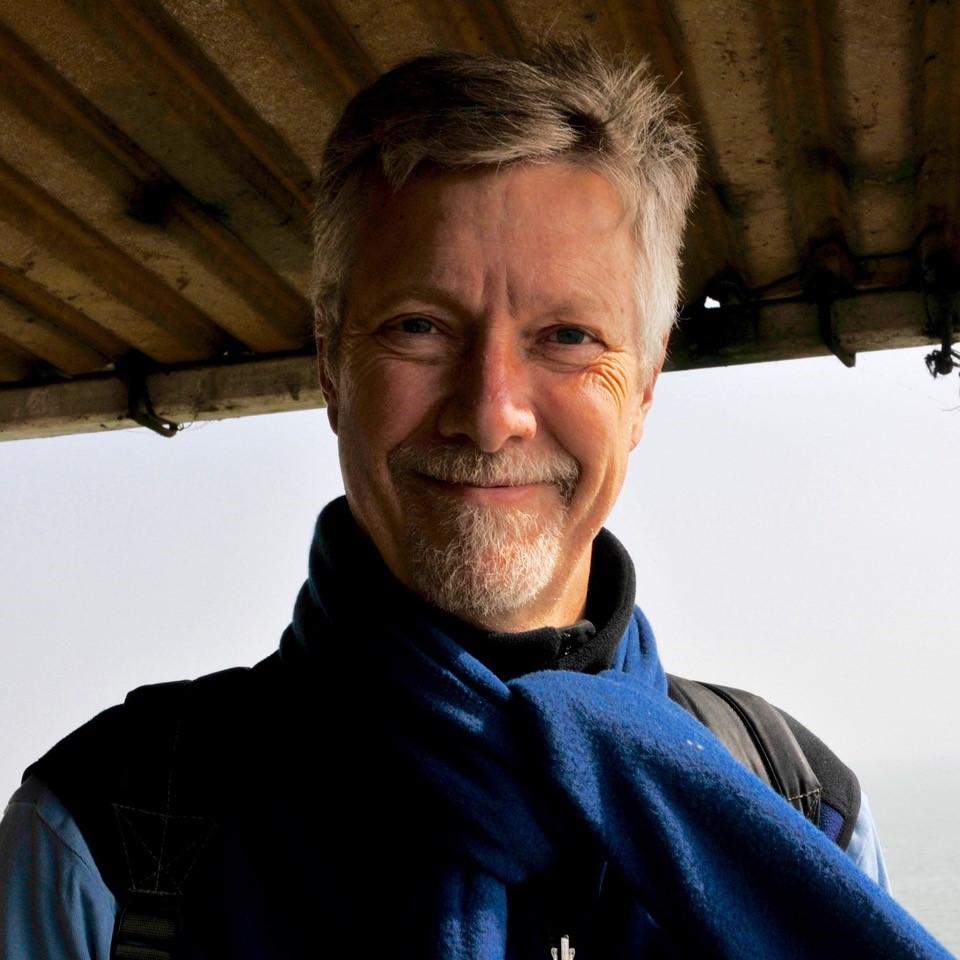
 The Honorable Bella Hounakey
The Honorable Bella Hounakey
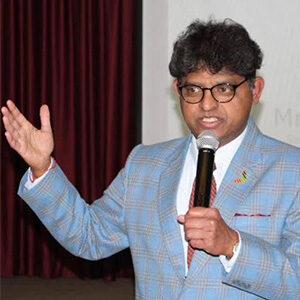 The Honorable Harold D’Souza
The Honorable Harold D’Souza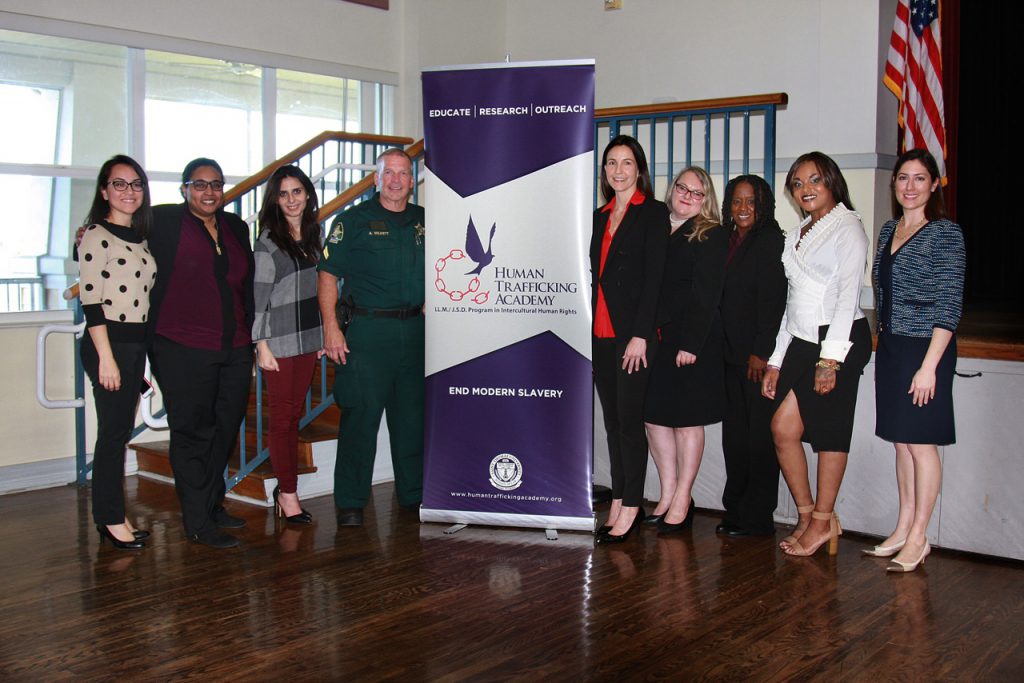
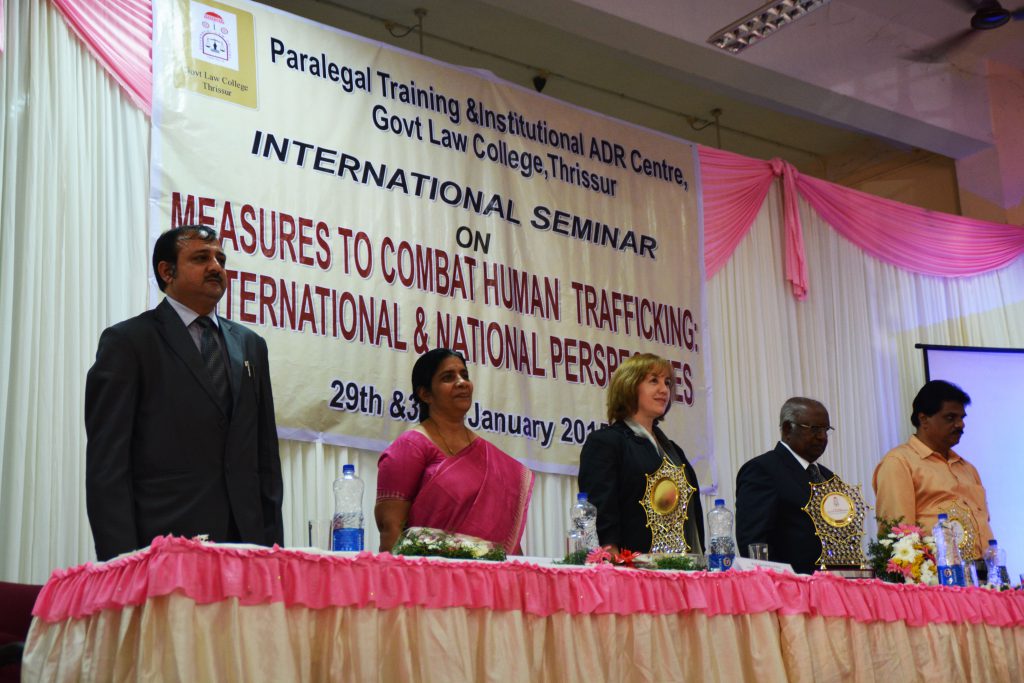
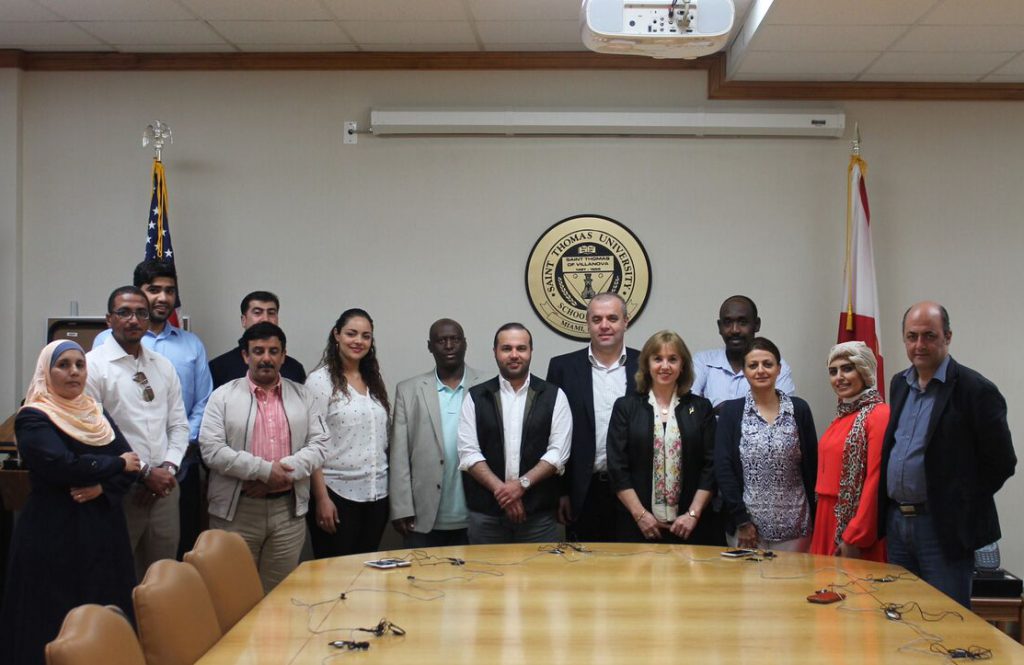
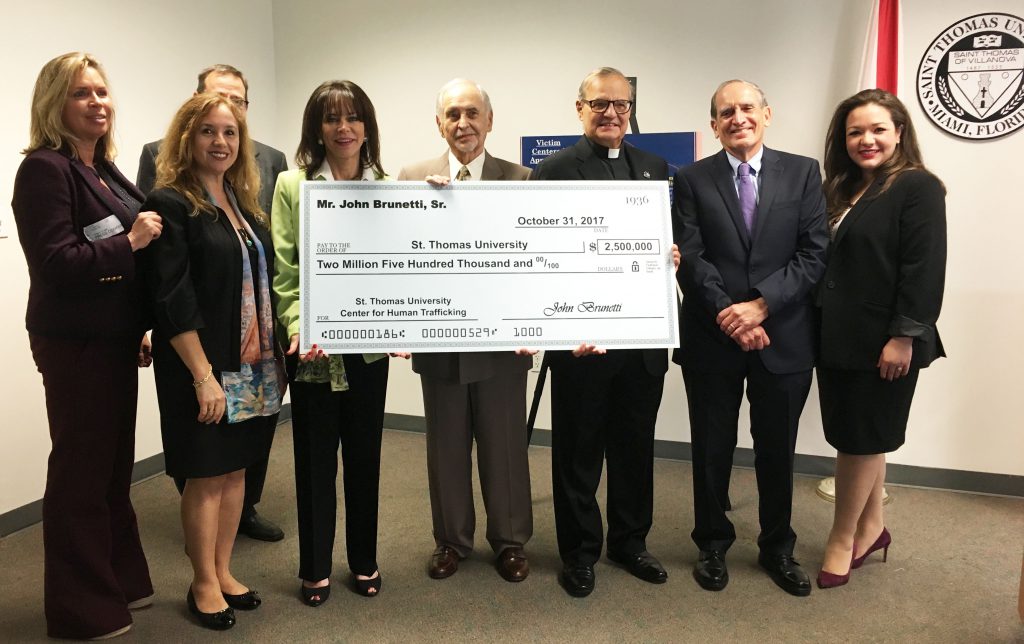

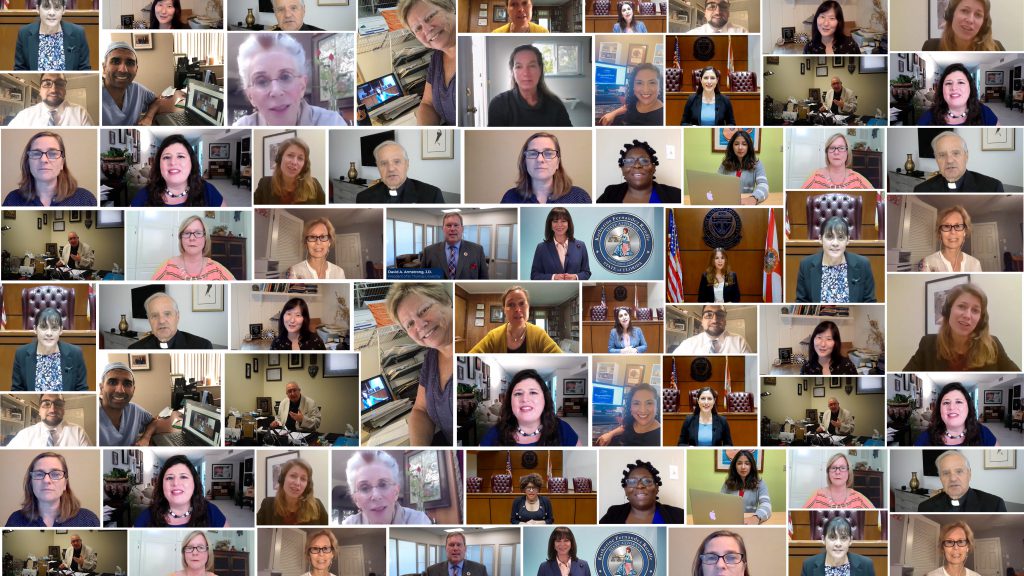
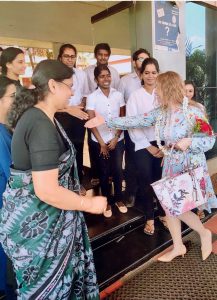
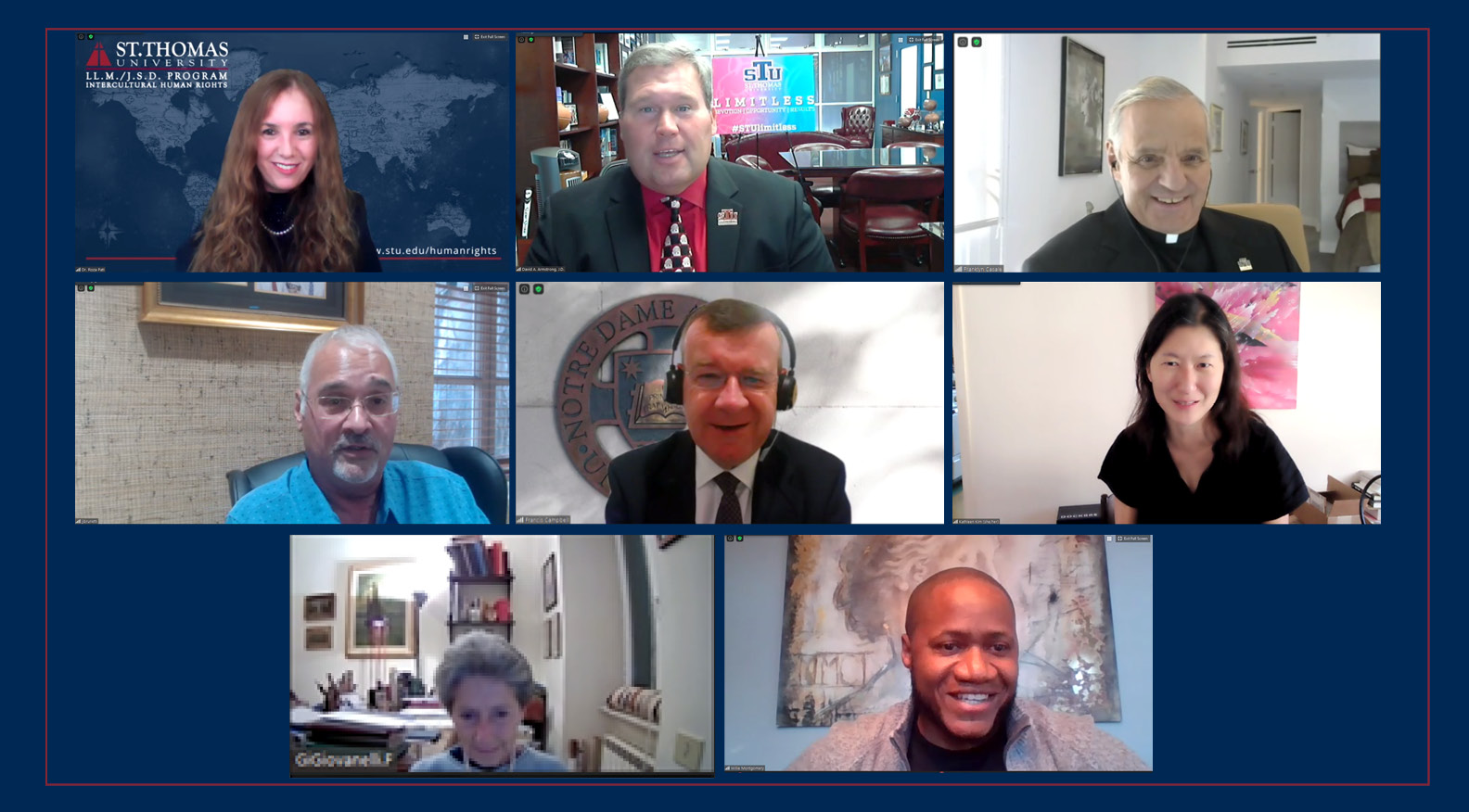
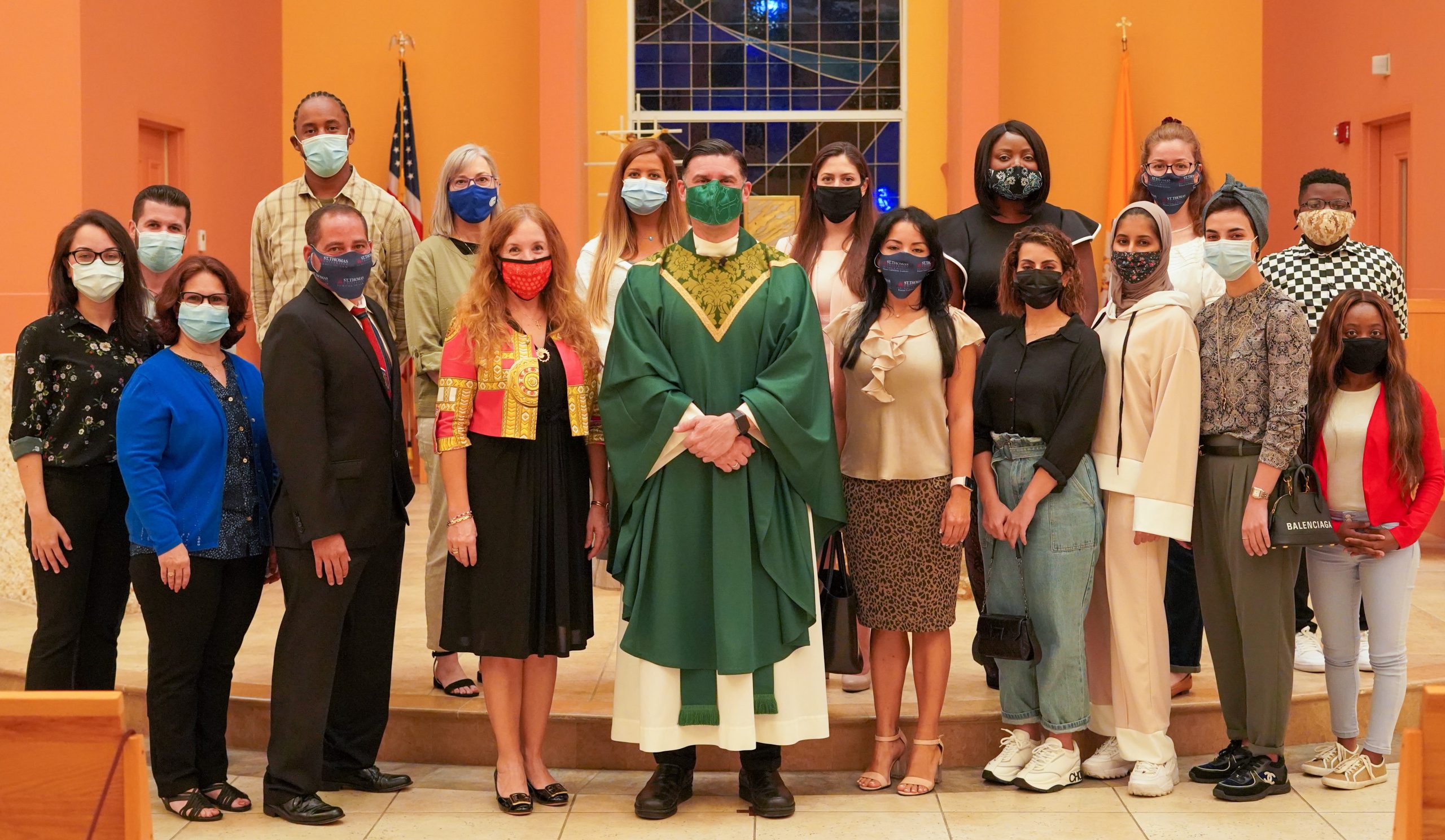
 Ramona D. Miller
Ramona D. Miller Detective Krysten Ridenour
Detective Krysten Ridenour
 The Honorable Amira D. Fox
The Honorable Amira D. Fox Juliana Diaz, LMHC
Juliana Diaz, LMHC Crystal Lee Hamilton
Crystal Lee Hamilton Erika Pineros, LMHC
Erika Pineros, LMHC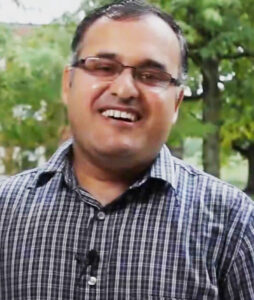 M. Kazam Hashimi
M. Kazam Hashimi
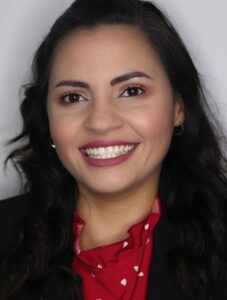 Maryem Reyes
Maryem Reyes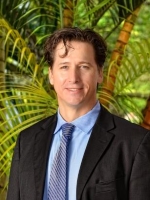
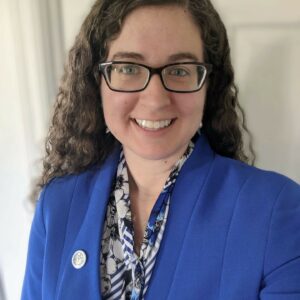 Jennifer Reyes Lay
Jennifer Reyes Lay Sloane Davidson
Sloane Davidson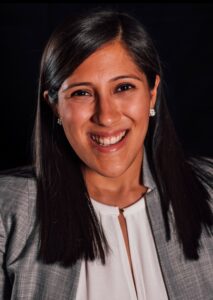
 Ana I. Vallejo, Esq.
Ana I. Vallejo, Esq.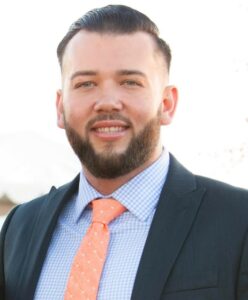 The Honorable Suamhirs Piraino-Guzman
The Honorable Suamhirs Piraino-Guzman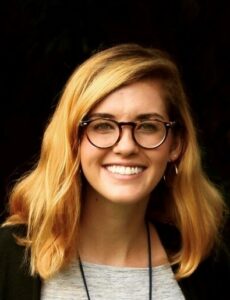 Caroline Chisholm
Caroline Chisholm Imelda Medina, MD, MPH
Imelda Medina, MD, MPH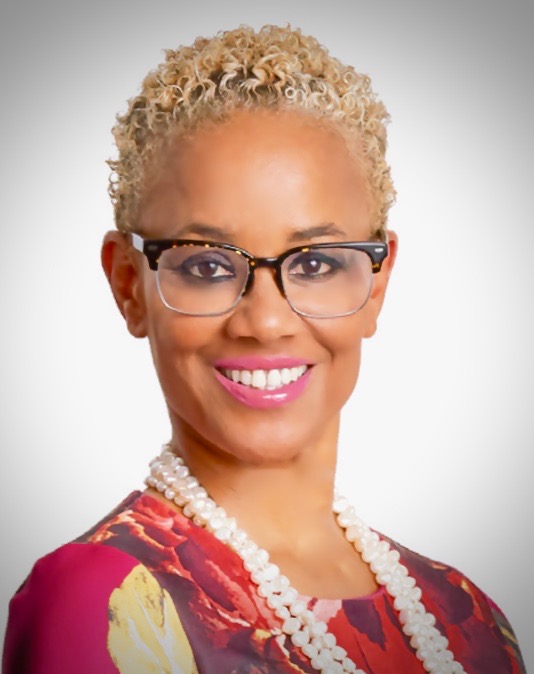
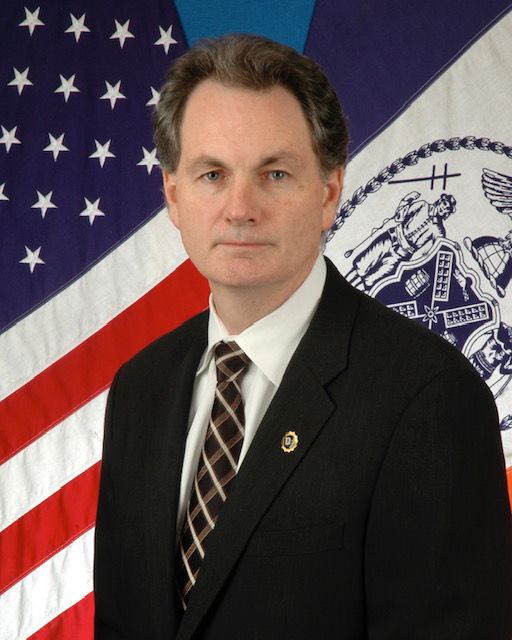
 Kutisha T. Ebron
Kutisha T. Ebron The Honorable Kwami Adoboe-Herrera
The Honorable Kwami Adoboe-Herrera Rebekah Charleston
Rebekah Charleston
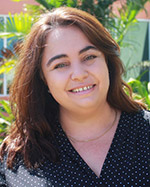 Maria Florencia Cornu Laport, Esq.
Maria Florencia Cornu Laport, Esq.
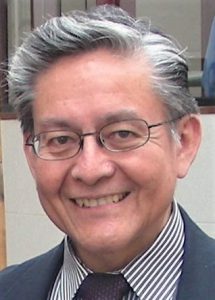




 Maria Vega
Maria Vega




 Gabriela DeBellis
Gabriela DeBellis Lerina Bright
Lerina Bright

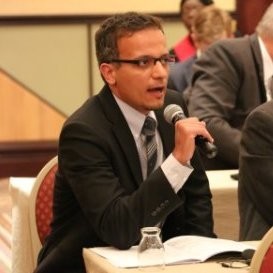
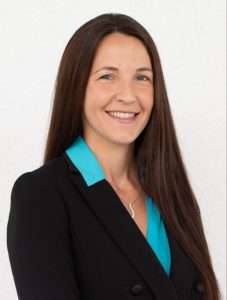
 Ronke Giwa Onafuwa
Ronke Giwa Onafuwa

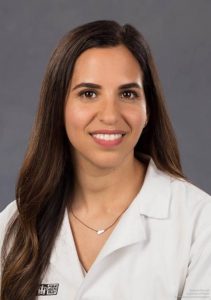


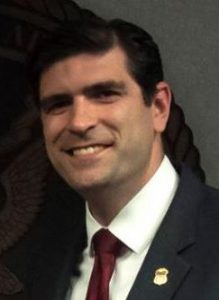

 Myriam Mézadieu
Myriam Mézadieu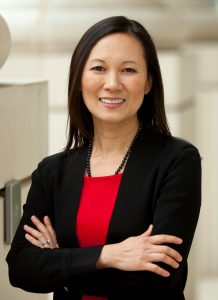 Thear Suzuki
Thear Suzuki Mary Anne Silvestri
Mary Anne Silvestri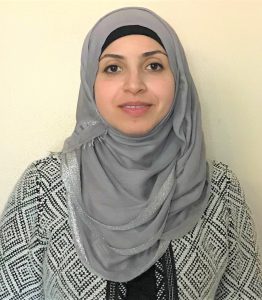
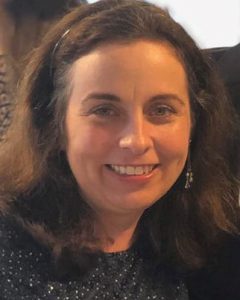
 Susan Patterson
Susan Patterson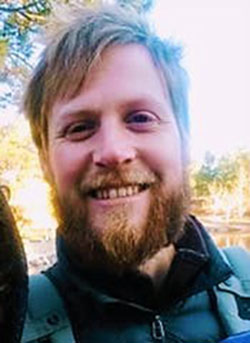 Jordan Bruxvoort
Jordan Bruxvoort